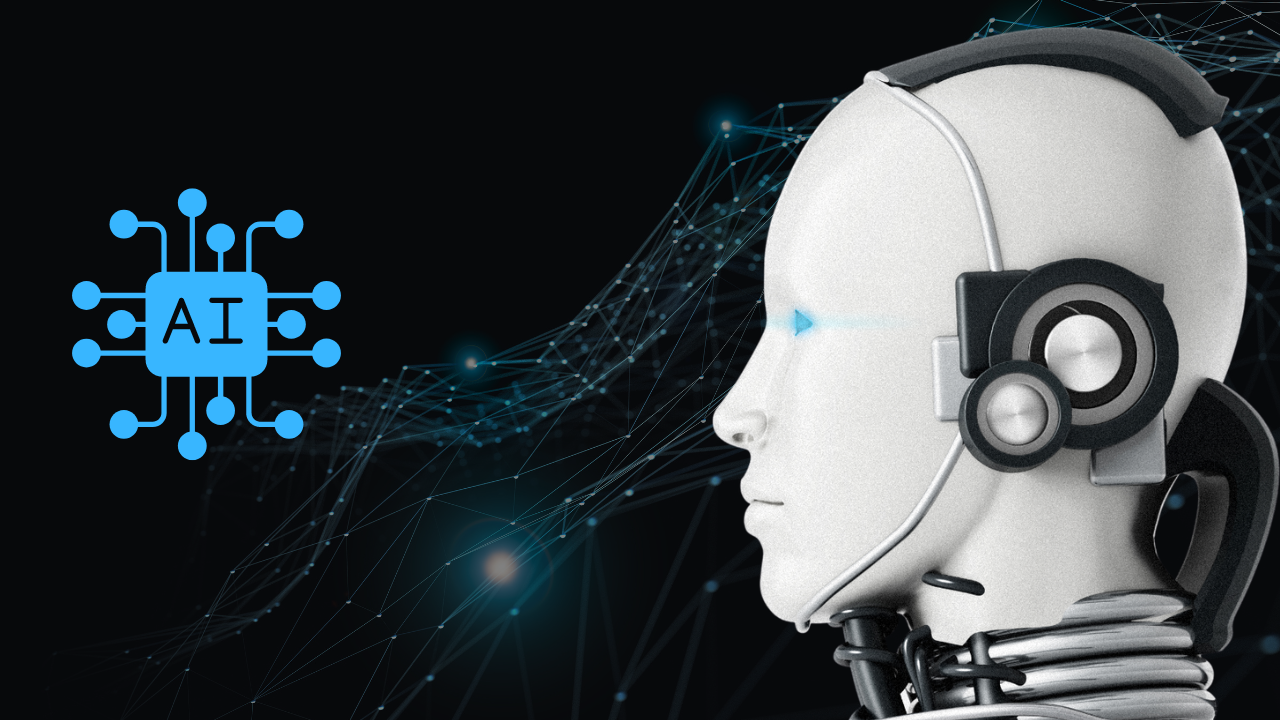“Can machines think?”, probably one of the most significant questions posed by mankind. This was the very question Alan Turing asked in his paper COMPUTING MACHINERY AND INTELLIGENCE in 1950. He then proposed an experiment that tried to determine a machine’s ability to exhibit intelligent behavior that is indistinguishable from that of a human.
This is known as the ‘Turing test’ and any Artificial Intelligence (AI) system that passes this, is considered to be an important milestone.
Throughout the human history, thirst for knowledge coupled with imagination, has propelled us to discover new horizons. This pursuit has reached its pinnacle in the dawn of Artificial Intelligence (AI), a once fanciful notion that now stands as a revolutionary catalyst in our existence. Let us embark on an expedition of AI’s evolution, from its infancy to its current eminence.
The Genesis!
Mathematician Alan Turing, hailed as the maestro of computer science, unveiled the concept of a “universal machine” in 1936, the cornerstone of modern computation. In 1950, Turing immortalized his genius in the pivotal manuscript “Computing Machinery and Intelligence,” introducing the Turing Test – the yardstick for machine cognition.
Alan Turing’s early work in 1930-40 was a significant contribution to the theory of computation, developing the concept of a Turing machine. This was then considered a theoretical model of a general-purpose computer. His work laid the foundation for many ideas in artificial intelligence.
Warren McCulloch and Walter Pitts published a paper in 1943, titled “A Logical Calculus of Ideas Immanent in Nervous Activity”. This paper laid out a theoretical model of artificial neurons and networks, suggesting that complex neural processes could be simulated with simple units.
While these ideas were not explicitly referred to as ‘artificial intelligence’ at the time, they laid the groundwork for the development of the field. The term ‘artificial intelligence’ itself was coined later by John McCarthy during the Dartmouth Workshop in 1956, which is often considered the birth of AI as a formal discipline.
Dartmouth Conference & The Dawn of Artificial Intelligence.
The decades of 1950/60 witnessed monumental strides in AI. The Logic Theorist by Allen Newell, Cliff Shaw, and Herbert Simon, was a program designed to mimic the problem-solving skills of a human. It is considered to be the first artificial intelligence program and was presented at the Dartmouth Summer Research Project on Artificial Intelligence (DSRPAI) hosted by John McCarthy and Marvin Minsky in 1956.
The perceptron algorithm by Frank Rosenblatt in 1958 was a watershed moment in machine learning, laying the foundation for artificial neural networks and machine learning. The Perceptron algorithm was designed to simulate the basic functions of a biological neuron and was one of the earliest attempts at creating a computational model for learning.
Progress, slowdowns & Sci-fi!
Advancement
Amongst many noteworthy researches and achievements, Joseph Weizenbaum’s ELIZA (1966) can be considered as a big step towards the interpretation of spoken language. ELIZA was one of the earliest examples of a chatbot and used a relatively simple pattern-matching approach to generate responses.
Today, when ChatGPT has taken world by storm, it would be fascinating to know that ChatGPT is similar to ELIZA in a sense that they are both chatbot programs designed to engage in text-based conversations with users!
Slowdown
Limited computational power and data storage ability of then computers were the biggest challenges AI faced in that period. Subsequently, funding started to dry down as it was getting difficult to get past these obstacles get promising results.
Attempts like Fifth Generation Computer Project (FGCP), funded by Japanese government infused some life into the fundings were inadequate to revive the field completely.
Sci-Fi!
When reality fades, imagination takes over! Though the actual AI studies were struggling to take huge strides, science fiction movies based on paved their way.
The 1978 TV series Battlestar Galactica presented Cylons (a robotic race) as the primary antagonists.
The first Terminator movie released in 1984, shows an AI system known as Skynet becoming self-aware and launching a nuclear apocalypse, resulting in a war between humanity and the machines.
Several other movies like Blade Runner, RoboCop, A.I. Artificial Intelligence (2001) by Steven Spielberg deal with self-aware machines which is a form of AI.
AI in today’s world!
It is no more just talk of the town in Bay area. No longer limited to fancy Amazon GO stores or robot cafes. We are now leaps and bounds ahead of the events like IBM’s Deep Blue beating chess champion Garry Kasparov (1997).
AI is coming up with huge number of tools, services and concepts. Though, for most of the world, ChatGPT has become synonymous to AI, right from its launch in November, 2022.
ChatGPT literally took the world by storm and can surely be termed as paradigm shifting event, that has changed the world. After ChatGPT, google launched its own AI assistant ‘BARD’. This is now going to a fast-paced race between technology giants to capture this whole new arena!
Though the short-term focus of the industry seems to be on AI assistants and generative AI tools, the progress that we have seen AI make in areas of machine learning, natural language processing, and computer vision is tremendous and has potential to change the world completely as we know today.
The emergence and fast-paced growth of AI and generative tools is going to have massive impact on every single individual on this planet. There are far too many implications of this explosive and exponential growth, the question is, “Are we ready”?

No responses yet